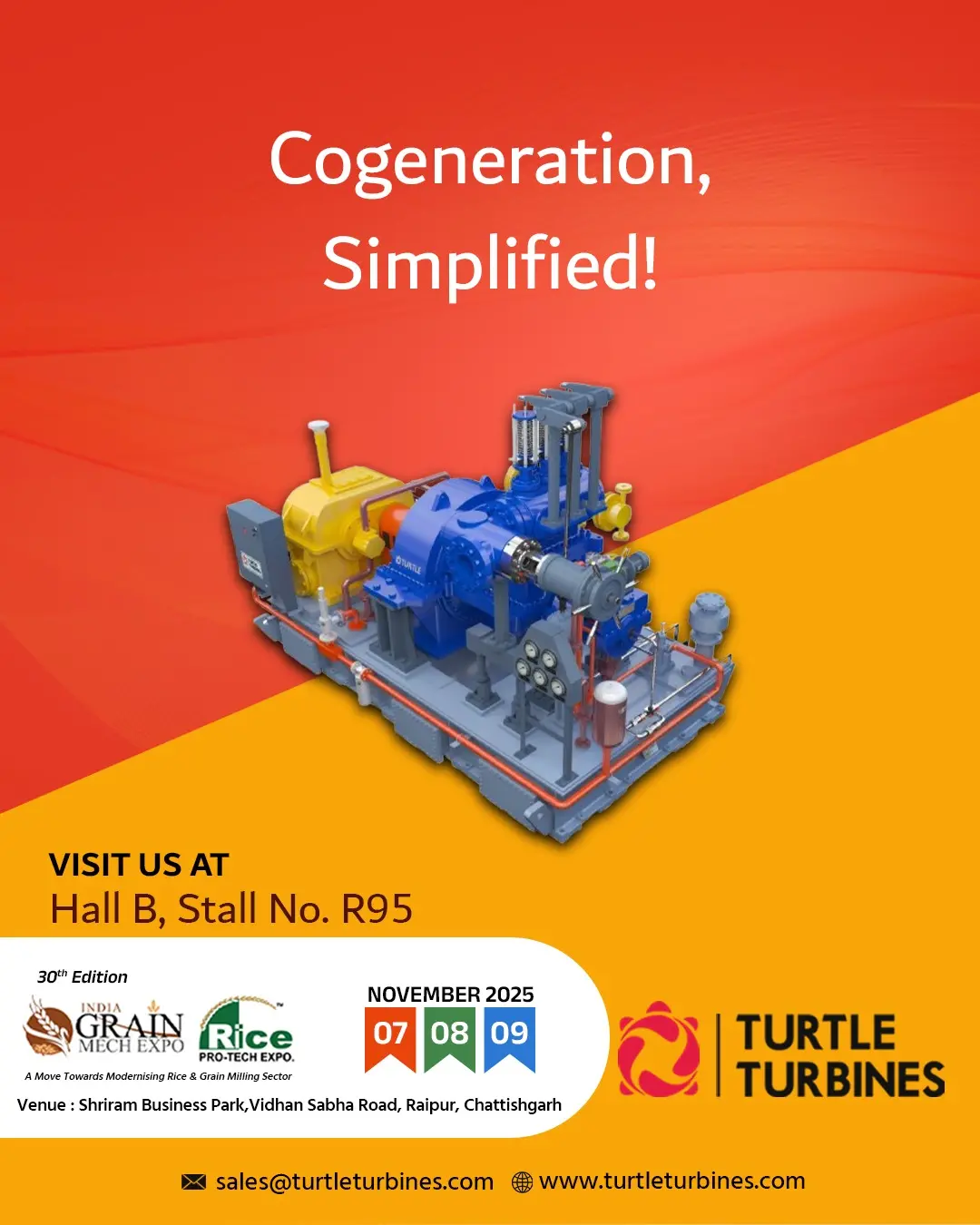The seafood processing industry plays a crucial role in the U.S. economy, providing essential products for both domestic and global markets. However, like many industrial sectors, it faces mounting pressure to reduce its environmental impact, particularly in terms of greenhouse gas emissions. Decarbonizing the seafood processing industry in the USA is an urgent priority for ensuring sustainable practices in this vital sector. One innovative solution to achieve this goal is the integration of microturbine technology, which can help lower emissions by generating cleaner energy on-site. Microturbines, known for their high efficiency and low emissions, offer seafood processors an opportunity to reduce reliance on fossil fuels and enhance energy efficiency.
As climate change accelerates, the seafood processing industry must adapt to regulatory requirements and consumer demand for environmentally friendly products. Decarbonizing the seafood processing industry in the USA will require a combination of renewable energy sources and technological innovations. Microturbines, fueled by natural gas or renewable biogas, can provide a reliable, low-carbon power source for processing plants. Their small size and modular nature make them particularly well-suited for installations at seafood facilities, where they can supplement or replace traditional power sources, contributing to a significant reduction in carbon footprints.
In addition to direct emissions reductions, decarbonizing the seafood processing industry in the USA offers financial incentives. Many seafood processors are now turning to microturbines as part of their strategy to not only meet environmental goals but also to lower operational costs. By increasing energy efficiency, these microturbines reduce the need for expensive electricity from the grid. Furthermore, excess energy generated by microturbines can be sold back to the grid, creating a potential revenue stream for processing facilities. This financial benefit is an important motivator for seafood processors looking to balance sustainability with profitability.
Lastly, the implementation of microturbine technology aligns with broader trends toward industrial decarbonization across various sectors. Decarbonizing the seafood processing industry in the USA is a step in the right direction toward meeting the nation’s ambitious climate goals. By embracing microturbines and other green technologies, seafood processors can position themselves as leaders in sustainable food production. As consumers increasingly demand eco-friendly products, the industry’s commitment to reducing its carbon footprint will not only benefit the environment but also strengthen its competitive edge in the marketplace.
Turtle Turbines is one of the most reputed steam turbine manufacturers from India for power generation, suitable for operation on the saturated and superheated steam boilers operating in various industries. Based in India, the company focuses on providing sustainable solutions for power generation and configurations to meet the needs of different applications. For more information please visit on www.turtleturbines.com


